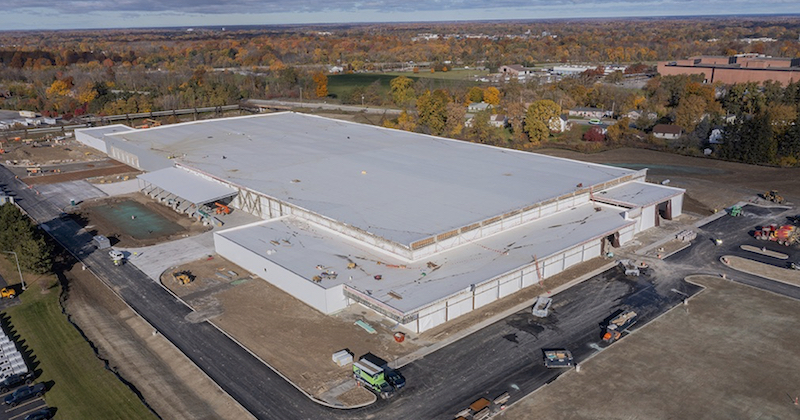
The loan would advance development of Li-Cycle’s first commercial hydrometallurgical resource recovery facility near Rochester, New York.
The Rochester Hub is expected to become a domestic source of battery-grade materials, including lithium, nickel and cobalt. The loan remains subject to documentation of long-form agreements, and a number of conditions will have to be satisfied prior to closing, which is expected during the second quarter.
If approved, the loan would have a term of up to 12 years from financial close. Interest would be set at the 10-year U.S. Treasury Rates from the date of each advance.
Li-Cycle’s business model is built on a vertically integrated two-step lithium-ion battery recycling and resource recovery process. The company said this is aimed at supporting the build-out of local supply chains for battery-grade materials. It said it plans to scale its spoke and hub network to enable up to a 95% recycling efficiency rate.
Li-Cycle at present has four operational spokes in North America with total processing capacity of more than 50,000 tonnes of lithium-ion battery material per year. The spokes produce an intermediate product called black mass, which will be sent to the Rochester Hub for further processing into battery-grade materials.
The Rochester Hub is designed to have a processing capacity of up to 35,000 tonnes of black mass per year, equal to around 90,000 tonnes of lithium-ion battery material or 18 GWh of lithium-ion batteries.
Once fully operational, the Rochester Hub is expected to deliver annual production of up to 8,500 tonnes of lithium carbonate, 48,000 tonnes of nickel sulphate, and 7,500 tonnes of cobalt sulphate.
Li-Cycle said it expects to start commissioning work at the Rochester location late this year.